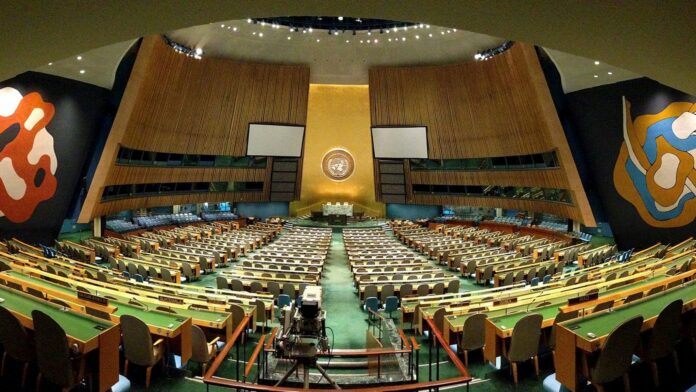“What’s in a name? That which we call a rose / By any other name would smell as sweet;,” so says an iconic line from Shakespeare’s Romeo and Juliet. While the sentiment that names are unimportant is enticing, the reality is that these star-crossed lovers’ names are deeply important. So, too, are the names we bestow on other things.
Ignoring historical context, there have been widespread protests against, for example, the use of slave owners’ names for university dormitories.
Closer to home, Professor of Health at Victoria University, Annemarie Jutel, has written that “What we name things matters.” and has called for renaming public tracks that are clearly vulgar and misogynistic. She argues that such names perpetuate and normalise misogyny.
There have also been calls for Mt Hutt to rename a ski run honouring a Nazi Waffen SS soldier. And the Whanganui council has joined forces with a local hapū, Ngāti Maika, to change a township’s name from one linked to a bloody incident during the New Zealand Wars, back to Pākaraka.
There have even been earnest calls for a formal renaming of New Zealand to Aotearoa. And some Kiwi firms have already taken the step to honour the Māori word describing our beautiful country. It is, after all, recognition of the indigenous population.
Clearly Professor Jutel is right. Monikers matter.
This was also known millennia ago. The Roman Emperor Hadrian renamed Judea “Palestina” in the second century in an attempt to minimise Jewish identification with the land of Israel. This is why Golriz Gharahman’s comments about Jesus being a ‘Palestinian’ were historically wrong and so offensive. And there was outrage in 2016 when the UNESCO World Heritage Committee passed a resolution that delegitimised Israel and denied the historical Jewish connection to the Holy Land by, among other things, referring to the Temple Mount only by its Arabic name.
The Temple Mount is the holiest site of Judaism. According to the Bible and independent historical account the first and second Jewish temples stood there. Jews direct their prayers towards the site. When Muslims took over and occupied Jerusalem from the seventh century, they built The Al Aqsa Mosque and Dome of the Rock on the remnants of the temples.
Quite literally, the Muslims sought to bury the evidence of a prior Jewish presence. Some Muslims consider that this is where Mohammed ascended to heaven, and it is their third holiest site, after Mecca and Medina.
More recently, a United Nations General Assembly committee today adopted a resolution that referred to Jerusalem’s Temple Mount solely by its Muslim name – erasing the Jewish and Christian connection to the holy site. As UN Watch executive director, Hillel Neuer, said
“The UN today showed contempt for both Judaism and Christianity by passing a resolution that makes no mention of the name Temple Mount, which is Judaism’s holiest site, and which is sacred to all who venerate the Bible, in which the ancient Temple was of central importance,”Hillel Neuer
What is deeply concerning is that New Zealand voted for this resolution. For a country that is moving forward with bilingual road signs and considering renaming the entire nation to recognise the indigenous people, it is even more insulting that officials would see it fit to deny the rights of another indigenous group by condoning language that erases the Jewish connection to their holiest site.
This is not the first time that MFAT officials have advised in favour of voting for a resolution that only refers to the Temple Mount by its Muslim name. For the past four years, at least, MFAT has called one of the disproportionate number of anti-Israel UN Resolutions “arguably the most important of all the Middle East resolutions” yet it only refers to the Temple Mount by its Muslim name. So much for “balanced” and “fair”.
Whether it is star-crossed lovers or ancient history, words are important. Our government realises this by virtue of the bilingual road signs and discussion over our nation’s name. Yet they also vote for resolutions that perpetuate the hatred of Hadrian all those years ago – attempting to erase the Jewish indigenity to Israel. This makes the insult that much worse.



